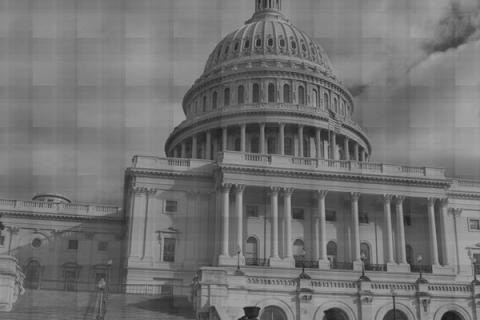There is an oddly populist aura to Prop 13 that hides the reality of corporate control that appears to drive the Howard Jarvis Taxpayers Association and its supporters. Look at the players and the organization's endorsements, and you'll see pure Red State Republicanism behind a thin veneer of fair-tax populism.
The 1978 voter initiative that froze property taxes so long as ownership remained unchanged seems to have been coincident with the long, massive downfall of the Golden State's reputation for quality services -- such as education -- to its citizens. That's not to say that Prop 13 is the only reason for the slip in our state's standing from top 10 to bottom three, but it probably didn't help. Today's worsening budget crisis is now threatening the quality of our university system including the world-class research universities under the UC banner. These schools have been the engines for start-up business growth in California wherever they exist, but will not continue to be such if we suffer a brain drain to other state systems because of reduced funding that squeezes salaries and staff sizes.
Yet, Prop 13 remains off the bargaining table because of its status as the "third rail" of California politics. If we're serious about addressing our fiscal problems, Prop 13 should receive a thorough re-assessment. Governor Brown spoke about such an evaluation at the beginning of his term, but has not mentioned it since.
Perhaps Howard Jarvis Taxpayers Assocation boss Jon Coupal has made it clear that he has friends in high places that could make Brown's life very uncomfortable if he comes after Prop 13. Coupal is the $255,000 per year executive whose job it is to keep the voltage on California's political third rail at lethal levels. Therein lies the problem. Prop 13 has become its own bureacracy whose purpose is protecting the existence of the Association and (more recently) supporting the Tea Party agenda in California. Beside Mr. Coupal, it is unclear who lies behind the Association. There is no listed Board of Directors on the Association's website, and very little information is available about its makeup and activities.
However, according to the scant coverage on Wikipedia, the organization is said to be politically linked to the Chamber of Commerce, real estate interests, and often with tobacco, oil, gambling and other big businesses. It actively supported Meg Whitman for governor and worked for Prop 23 in the November 2010 elections. The easily defeated Prop 23 would have unraveled the state's groundbreaking anti-global warming law, AB-32.
Businesses have reaped extraordinary profits from Prop 13 because they have been exempted from net present value provisions of property tax re-evaluations that ownership changes trigger in residential housing. The result is billions of dollars in understated business property values vis-a-vis residential properties that have changed hands or been built since the 1978 proposition was enacted. In the meantime, only a precious few homeowners remain in property fully protected by Prop 13. For most residents, buying a new home means going to the top of the property tax roles and bearing far more than their fair share of California's tax burden. No wonder people are hesitant to move to the Golden State, build or buy new houses here, or move up to a better home. On top of the high cost of housing, we put new homeownership out of reach from a property tax perspective -- hence creating a "we vs. them" attitude toward non-Californians, young people, and the upwardly mobile.
So, before we make Prop 13 as sacrosanct as California's coastline, let's consider its political roots and its business beneficiaries. At a time when California stands to lose so much of its greatness, we cannot afford to take this issue off the table.

